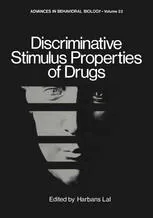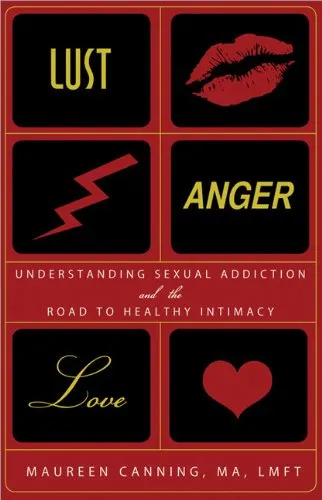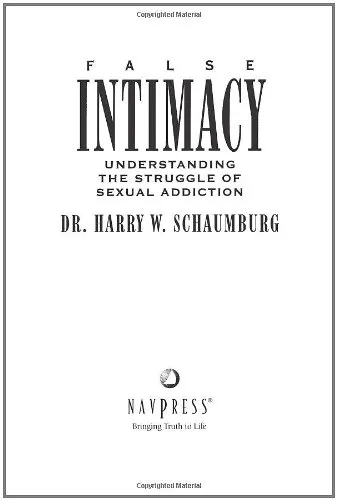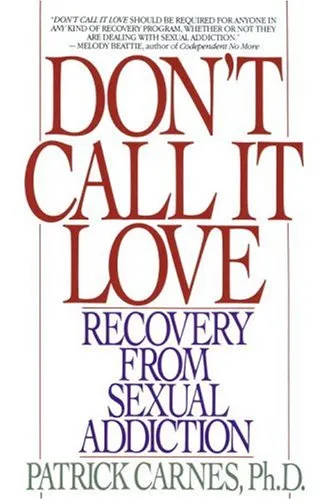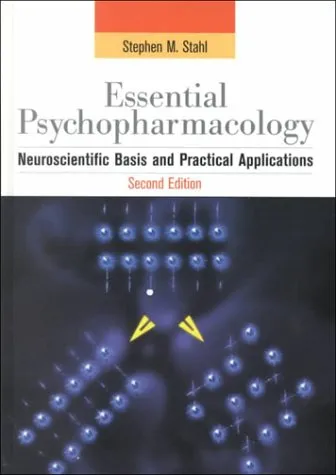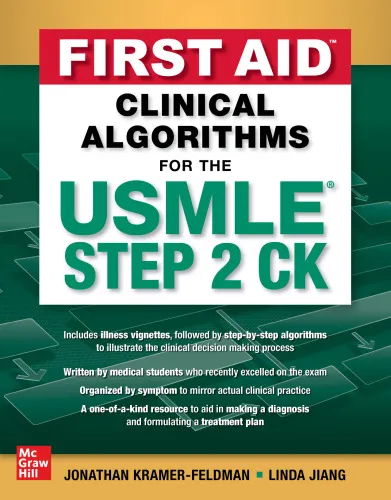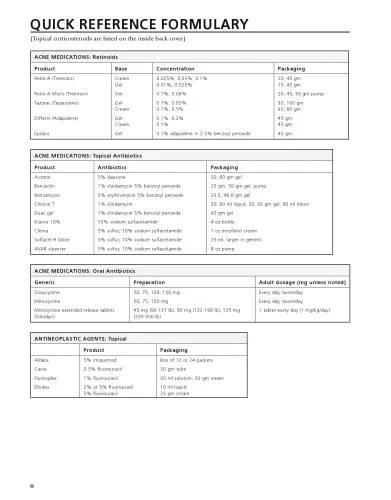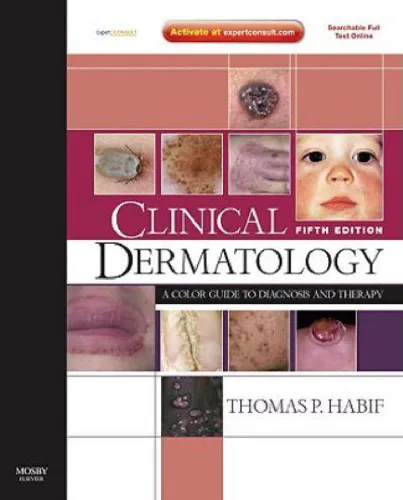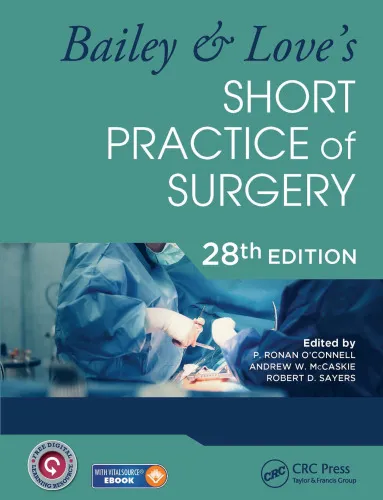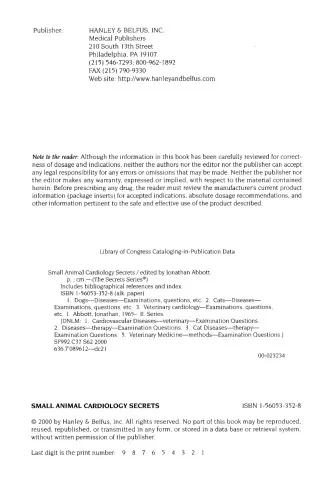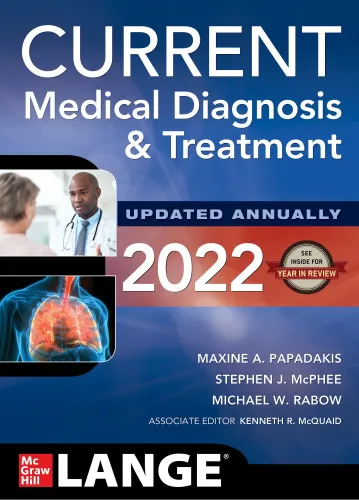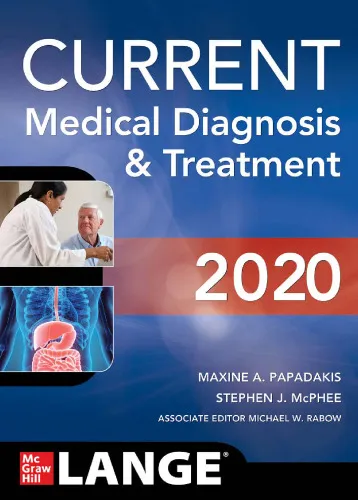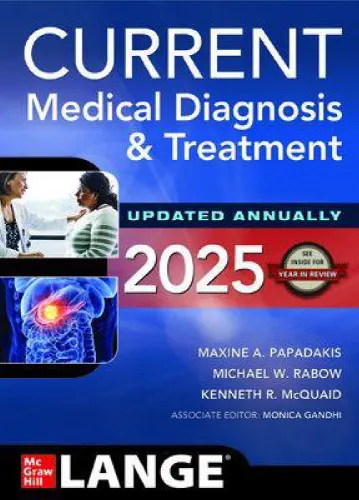The Science of Addiction: From Neurobiology to Treatment
4.5
Reviews from our users

You Can Ask your questions from this book's AI after Login
Each download or ask from book AI costs 2 points. To earn more free points, please visit the Points Guide Page and complete some valuable actions.Related Refrences:
Introduction to "The Science of Addiction: From Neurobiology to Treatment"
Addiction is one of the most misunderstood and complex topics in the fields of neuroscience, psychology, and medicine. In my book, "The Science of Addiction: From Neurobiology to Treatment," I aim to demystify the subject by exploring the intricate relationship between the brain, behavior, and addiction. This book not only presents scientific insights into the mechanisms of addiction but also offers practical approaches to treatment, informed by the latest research and clinical practice.
The book is designed to serve as a bridge between cutting-edge science and real-world applications. It provides readers with a thorough understanding of addiction as a treatable brain disease, dispelling age-old myths and misconceptions that often stigmatize those struggling with substance use disorders. Whether you're a clinician, researcher, student, or simply someone interested in understanding addiction, this book equips you with the knowledge to make informed decisions and promote change.
Detailed Summary of the Book
The book is organized into several key sections that together provide a comprehensive overview of addiction, from its biological foundations to evidence-based treatment strategies:
- Understanding Addiction: This section lays the groundwork by defining addiction as a chronic, relapsing brain disease. It explains how factors such as genetics, environment, and brain chemistry contribute to addiction.
- The Neurobiology of Addiction: Diving into the science, I explore the role of neurotransmitters, the structure of the brain's reward system, and how substances like opioids, alcohol, and stimulants alter these mechanisms.
- The Role of Stress and Co-occurring Disorders: Here, I discuss the impact of stress, trauma, and mental health conditions on addiction, emphasizing the need for a dual-diagnosis approach.
- Treatment Strategies: This part of the book provides an overview of current and emerging treatments, including behavioral therapies, medications, and holistic approaches. It explains how personalized and integrated care can yield significant benefits for individuals struggling with substance use disorders.
- Prevention and Recovery: The final section focuses on prevention strategies and recovery models, highlighting the importance of community support and long-term care.
Tying all of these elements together, the book demystifies addiction and promotes a compassionate, science-driven approach to treatment and recovery.
Key Takeaways
- Understanding addiction as a brain disease rather than a moral failing is essential to fostering effective treatments and reducing stigma.
- The brain's reward circuitry plays a critical role in developing and maintaining addictive behaviors.
- Stress, trauma, and co-occurring mental health conditions can significantly exacerbate addiction, requiring integrated treatment approaches.
- Addiction treatment is not one-size-fits-all; individualized care and evidence-based practices are key to long-term recovery.
- Prevention efforts and community-based support systems are invaluable in reducing the societal burden of addiction.
These takeaways are essential not only for professionals but also for individuals and families affected by addiction. By understanding the science behind addiction, we can collectively advocate for better care and resources.
Famous Quotes from the Book
"Addiction is not about willpower; it is about the brain's misfiring reward system. To treat addiction effectively, we must first understand it at both the biological and behavioral level."
"Recovery is not a destination but a lifelong journey that requires a combination of science, empathy, and community support."
"Stigma around addiction is one of the greatest barriers to treatment. Education about the brain disease model has the power to change lives and open doors to recovery."
Why This Book Matters
The Science of Addiction is more than just a book; it’s a call to action. Addiction affects millions of people worldwide, yet societal understanding and support have often lagged behind the science. By focusing on the neurobiological underpinnings of addiction, this book brings clarity to a complex issue and underscores the importance of compassion and scientific rigor in addressing substance use disorders.
For professionals in the field, the book serves as a practical guide to understanding and treating addiction. For families and individuals, it provides comfort and hope by shedding light on the science behind the struggle and the pathways to recovery. Ultimately, this book matters because addiction is a universal challenge—and the more we learn, the better equipped we are to overcome it.
Free Direct Download
You Can Download this book after Login
Accessing books through legal platforms and public libraries not only supports the rights of authors and publishers but also contributes to the sustainability of reading culture. Before downloading, please take a moment to consider these options.
Find this book on other platforms:
WorldCat helps you find books in libraries worldwide.
See ratings, reviews, and discussions on Goodreads.
Find and buy rare or used books on AbeBooks.
1449
بازدید4.5
امتیاز0
نظر98%
رضایتReviews:
4.5
Based on 0 users review
Questions & Answers
Ask questions about this book or help others by answering
No questions yet. Be the first to ask!

